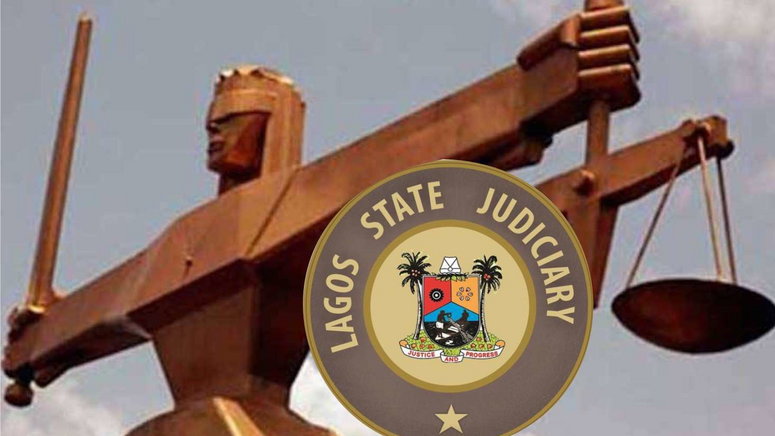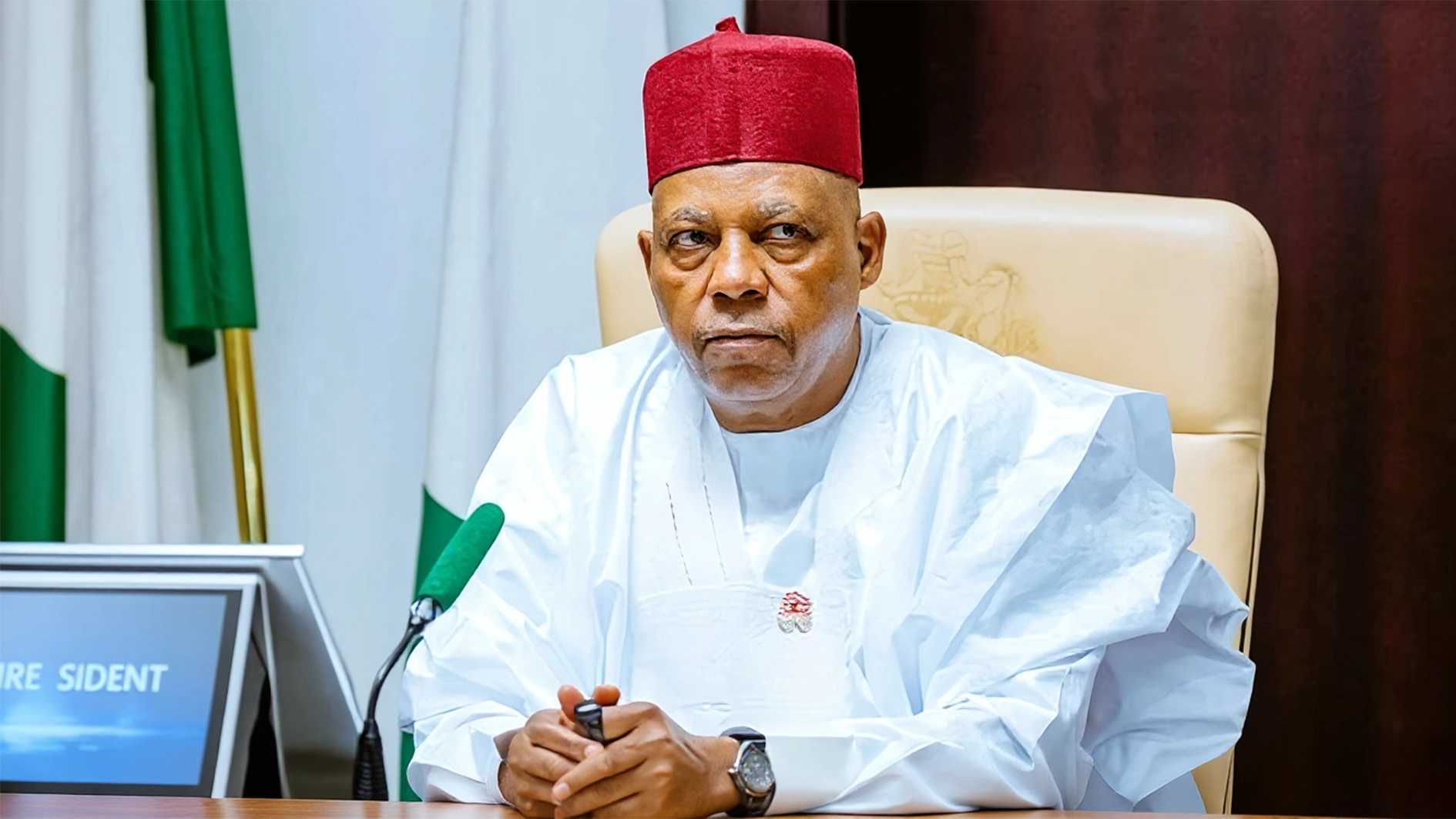
Seek relief measures to save media, nation’s economy
Arising from a three-day All Nigeria Editors Conference (ANEC) in Yenagoa, the Bayelsa State capital, the Nigerian Guild of Editors (NGE) has called on the Federal Government to mitigate the impact of fuel subsidy removal and the exchange rate volatility on the economy.
Noting the economic constraints and rising operational costs, the guild also urged the Federal Government to consider subsidies or tax relief to help media houses cope with current challenges.
In a communiqué signed by the NGE President, Eze Anaba, and the General Secretary, Dr Iyobosa Uwugiaren, the professional body, said while it recognised the potential long-term benefits of Federal Government’s reforms, the immediate economic strain on all sectors, especially the media, was becoming unbearable and unhelpful to the economic growth and media sustainability and viability.
The guild, therefore, called for targeted relief measures to ease the burden on citizens and businesses alike.
On the sustainability of media revenue models, the guild advocated for innovation in revenue generation beyond traditional advertising.
“Media owners are encouraged to invest in quality journalism, embrace digital platforms, and offer premium content to ensure financial sustainability.
“Concern over the rise in harassment and violence against journalists was also prominent at the conference. And we called for stricter enforcement of journalists’ protection laws and urged media houses to provide safety training for their staff, especially those covering sensitive issues.” the editors added.
Reaffirming the importance of ethical journalism, media proprietors were urged to maintain high standards of professionalism, saying that adhering to the standards was essential for building public trust and countering pressures that threaten press freedom.
The guild also urged the Federal Government to create a media-friendly environment by reviewing policies that affect operational costs and considering tariff reductions on essential media equipment.
The guild also discussed the outcome of a conference titled “The Big Tech and Journalism – Building a Sustainable Future for the Global South, which was held last year in Johannesburg.
The conference, which brought together over 70 journalists, news publishers, and media organisations, including the Nigerian Guild of Editors, scholars, activists, lawyers, and economists from 24 countries discussed solutions to the crisis of the sustainability of journalism and its intersection with the role of major tech platforms.
“The conference culminated in the adoption of Big Tech and Journalism: Principles for Fair Compensation (the Principles). The principles are intended to be universal, serving as a framework for any country seeking to address media sustainability through competition or regulatory approaches, while enabling adaptation to the unique context,’’ the communiqué added.
The ANEC also expressed concern over the gagging of the Nigerian press, especially online platforms, with obnoxious laws and resolved to compile all the anti-media laws and forward them to the National Assembly to begin the process for repeal or amendment.






